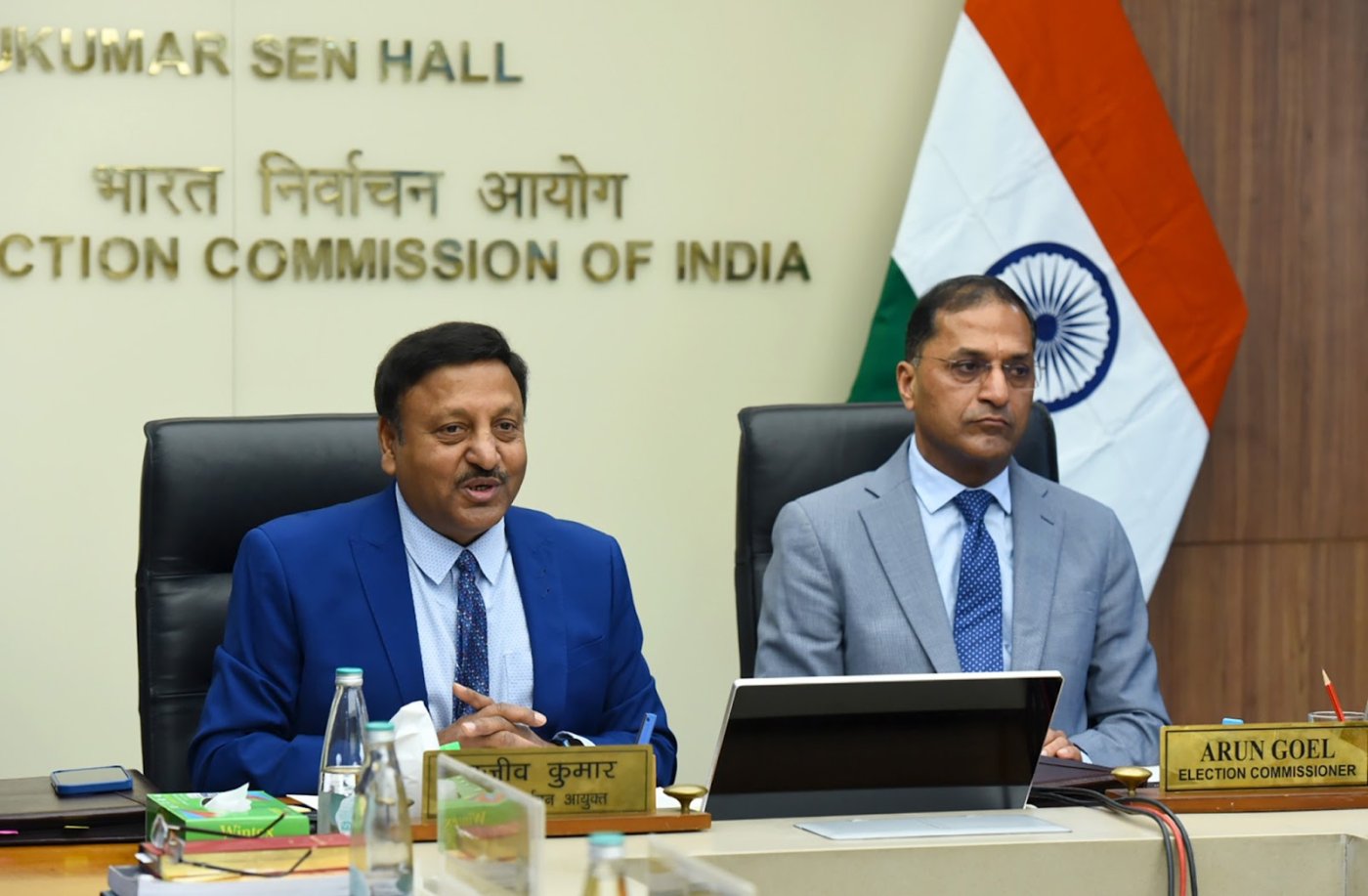The Election Commission of India (ECI) is a vital constitutional authority responsible for administering elections in the world’s largest democracy. Established on January 25, 1950, the ECI ensures free, fair, and transparent elections to Parliament, State Legislatures, and the offices of the President and Vice-President of India.
Structure and Composition
The ECI operates under the authority of Article 324 of the Indian Constitution. It is an independent body free from government influence. Initially, it had a single Chief Election Commissioner (CEC). However, since 1993, it has operated as a multi-member body, typically comprising:
- A Chief Election Commissioner
- Two Election Commissioners
These members are appointed by the President of India and hold office for a term of six years or until they reach the age of 65, whichever is earlier. They can only be removed through impeachment, ensuring their independence.
Key Responsibilities
The Election Commission’s primary functions include:
- Conduct of Elections: Overseeing elections for Parliament, State Legislatures, and other constitutional positions.
- Voter Registration: Managing the electoral rolls and ensuring all eligible citizens are registered to vote.
- Enforcing the Model Code of Conduct (MCC): Ensuring fair campaigning practices by political parties during elections.
- Monitoring Campaign Finances: Regulating the expenditure of political parties and candidates to prevent misuse of funds.
- Introducing Electoral Reforms: Proposing measures to improve the efficiency and fairness of the electoral process.
Milestones and Initiatives
- Electronic Voting Machines (EVMs): The ECI introduced EVMs in the 1990s, revolutionizing the voting process by making it more efficient and reducing the scope for malpractice.
- Voter Verifiable Paper Audit Trail (VVPAT): Introduced in 2013, VVPAT enhances transparency, allowing voters to verify their vote electronically.
- NOTA Option: The “None of the Above” (NOTA) option was added to the voting system in 2013, enabling voters to reject all candidates if they wish.
- Accessible Elections: The ECI has made strides in ensuring inclusivity, such as providing ramps, Braille EVMs, and postal ballots for senior citizens and differently-abled voters.
Challenges
Despite its accomplishments, the ECI faces challenges, including:
- Curbing Electoral Malpractices: Issues like voter bribery, fake news, and misuse of social media.
- Ensuring Voter Turnout: Educating citizens about the importance of voting to counter voter apathy.
- Independence Concerns: There are periodic debates about the neutrality of the commission during politically charged elections.
Significance
The Election Commission of India plays a crucial role in preserving the democratic ethos of the country. Its commitment to transparency, fairness, and innovation has been instrumental in making Indian elections a global benchmark. However, the path ahead requires constant vigilance, adaptability, and integrity to address emerging challenges in a rapidly changing political and technological landscape.
For more detailed information, you can explore the Election Commission of India’s official website.
